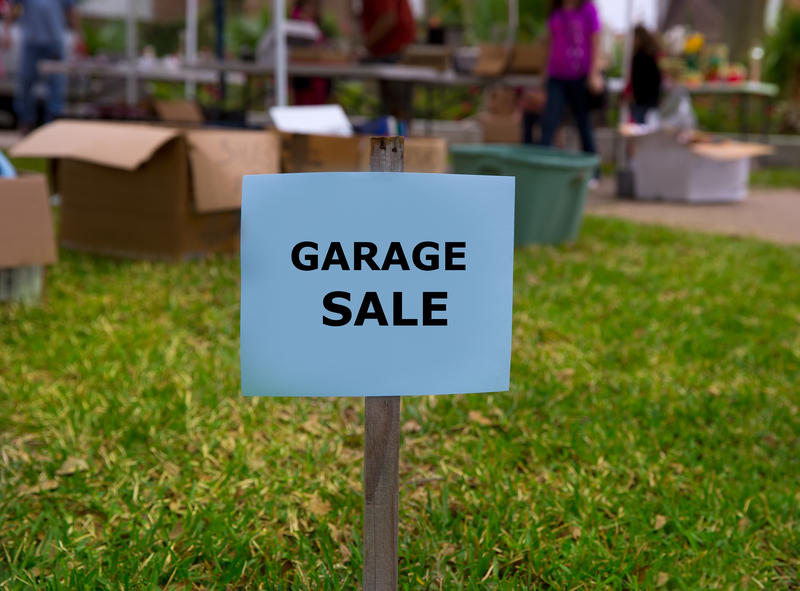
Hard Rubbish Disposal: Your Complete How-To Guide
Proper disposal of hard rubbish is essential not only for maintaining a clean environment but also for reducing landfill waste. Hard rubbish, also known as bulk waste or bulky waste, encompasses large unwanted items that cannot be disposed of in regular rubbish collections. This comprehensive guide will walk you through everything you need to know about hard rubbish disposal.
What is Hard Rubbish?
Hard rubbish includes items that are typically too large to fit in a standard household bin. Common examples include:
- Old furniture
- Household appliances such as washing machines and refrigerators
- Bed frames and mattresses
- Carpets and rugs
- Electronic waste (e-waste)
Unlike hazardous waste that requires special handling, hard rubbish is non-toxic but still requires responsible disposal methods.
Why is Proper Hard Rubbish Disposal Important?
Incorrect disposal of large items can harm the environment and pose risks to public health. Here are some reasons why proper hard rubbish disposal is crucial:
- Environmental Impact: Improper disposal contributes to the growing landfill crisis and can cause soil and water contamination.
- Resource Recovery: Many hard rubbish items, like electronics or metal furniture, contain materials that can be reused or recycled.
- Community Wellbeing: Proper disposal mechanisms help keep communities clean and aesthetically pleasing.
How to Efficiently Manage Hard Rubbish Disposal
1. Assess Your Items
Start by evaluating the condition of your hard rubbish. Identify anything that could be reused or repurposed by someone else. Items that are in decent condition can be donated to local charities or listed on platforms for free giveaways.
2. Know Your Local Guidelines
It's crucial to understand the specific regulations and services provided by your local council concerning hard rubbish collection. Each area may have different rules regarding what can be collected and when pick-up services are available.
3. Organize a Council Collection Service
Many regions offer periodic hard rubbish collection services. Schedule a pick-up according to your area's timetable. Ensure you follow guidelines for what items are accepted and how they should be placed for collection.
4. Consider Private Disposal Services
If your locality does not offer free disposal services, consider hiring a private rubbish removal service. These services often provide same-day pick-up and can handle a variety of large items efficiently.
5. Utilize Drop-Off Recycling Centers
For specific items like electronics, many recycling centers accept drop-offs. Check for local e-waste collection points, which might recycle products like old TVs, batteries, and computers.
6. DIY Disposal Projects
Get creative with repurposing certain materials into DIY projects. Not only does this help reduce waste, but it also encourages innovative thinking.
Sustainable Hard Rubbish Disposal
The significance of sustainability cannot be overstated when it comes to hard rubbish disposal. Here are a few tips to reduce your environmental footprint:
- Repair before disposal: Evaluate whether repairing an item is possible before deciding to throw it away.
- Sell or donate items: Create a new life for your belongings by selling or donating items in good condition.
- Upcycle creatively: Transform materials into something of higher quality or better environmental value.
Items that Require Special Attention
Certain items within hard rubbish can be hazardous or require special attention due to the materials involved:
- Batteries: They contain metals like lead and cadmium, which can be harmful if not recycled correctly.
- Electronic Devices: E-waste must be disposed of in designated facilities to avoid toxic exposure.
- White Goods: Fridges and freezers may contain gases affecting the ozone layer; make sure they are disposed of legally.
Conclusion
Proper hard rubbish disposal is critical to preserving our environment and quality of life. By understanding local regulations, utilizing recycling opportunities, and promoting sustainable practices, you can effectively manage your large waste items.
With this guide, hopefully, you gain a comprehensive understanding of how to responsibly dispose of hard rubbish and contribute to a cleaner, more sustainable world.
